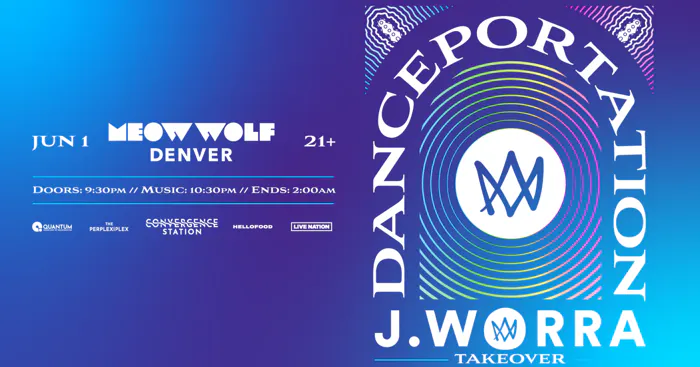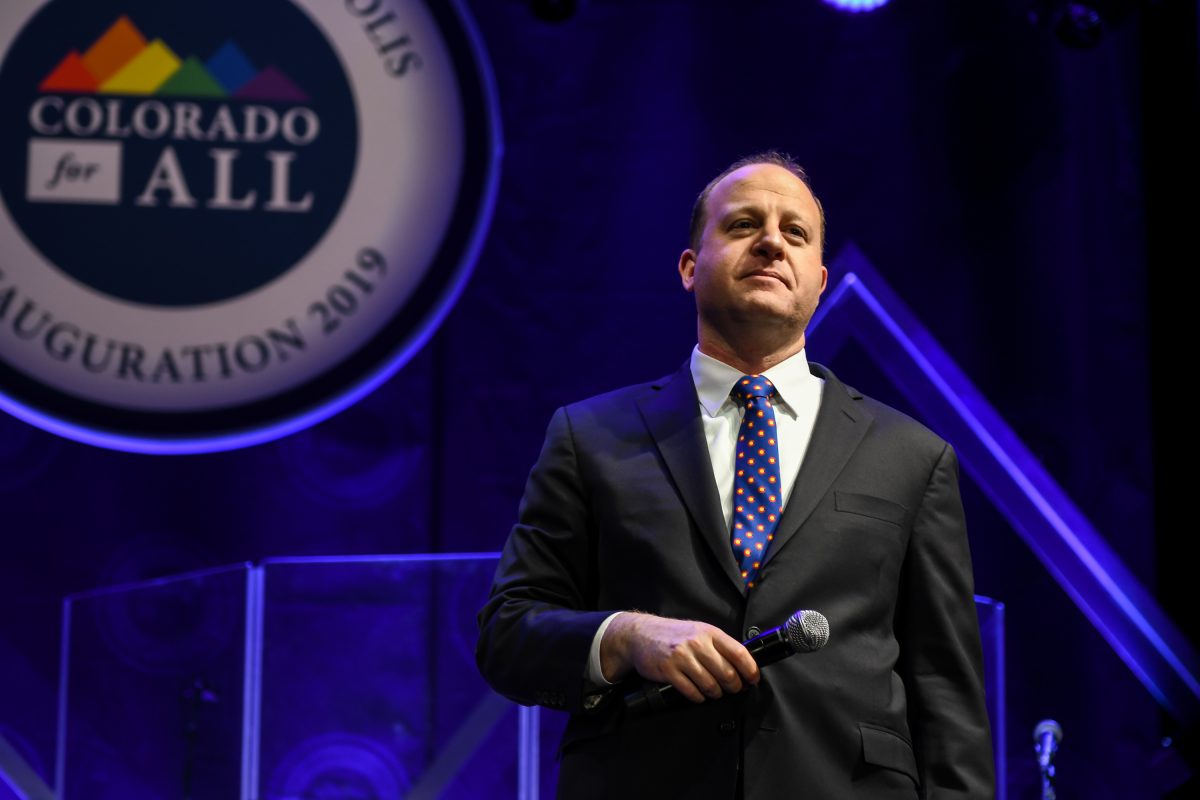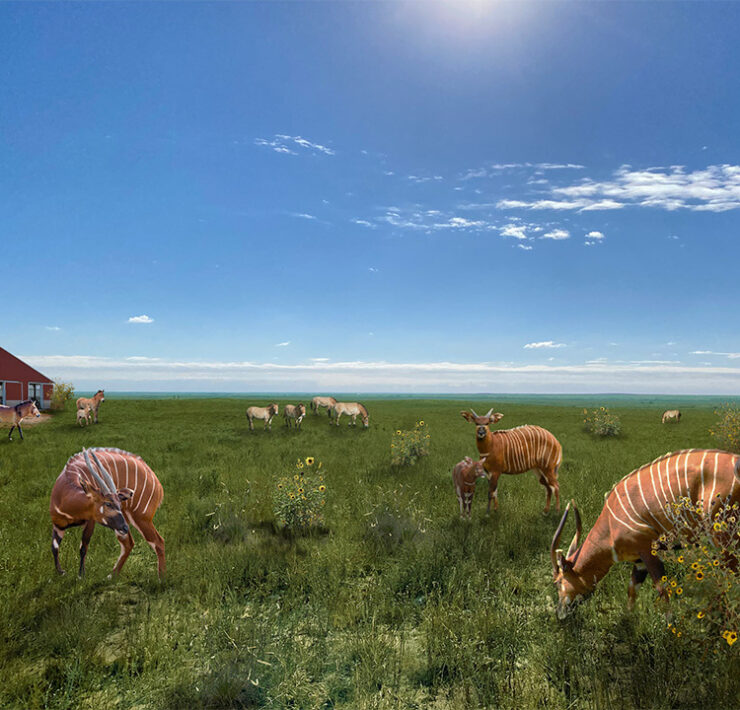The new short doc ‘Cecil & Carl’ shares one Denver gay man’s commitment to his lover

Back in 2011, Elvis León was returning to Denver after a tour with the military. It was in the early days following the repeal of Don’t Ask, Don’t Tell — the policy where queers could serve in the military, but were not allowed to openly discuss their sexuality — and the public’s perception of the LGBTQ community had drastically changed.
The change in perception, as we know, was positive. Being queer was slowly but surely becoming a ‘normal’ thing. This was a stark contrast to how Elvis viewed queer people.
Before enlisting in the military, Elvis grew up in a Catholic household where homophobia was “just a part of their lives.” He recalls uncles and cousins who were cast out of the family just for being gay, and admits that he never truly understood the disownment, but thought it was normal.
So when he returned from his stint in Iraq and moved into one of Denver’s gayest neighborhoods, Capitol Hill, Elvis was thrust into a new way of life.
“It was a culture shock,” Elvis says. “I was bombarded with a lot and I had to face it head-on because it was all around. I realized that it was a normal thing, that it was here to stay and you have to accept it.”
 Today, five years later, Elvis is getting recognition all over the LGBTQ film festival scene for his short documentary, Cecil & Carl. A thanks, in large part, is owed to a series of very gay events and one incredibly interesting man: Cecil Bethea.
Today, five years later, Elvis is getting recognition all over the LGBTQ film festival scene for his short documentary, Cecil & Carl. A thanks, in large part, is owed to a series of very gay events and one incredibly interesting man: Cecil Bethea.
You might have heard of Cecil, or perhaps spotted him pushing another man slouching in a wheelchair up the inclines of LoHi in pursuit of Little Man Ice Cream. The man sitting comfortably in the wheelchair is Cecil’s lover of 47 years, Carl.
Around the same time that Elvis was returning to the states, Cecil and Carl’s lives were also making a transition. After sharing a home in northwest Denver for nearly four decades, Cecil would be returning to the two-story house alone, the result of dementia and a stroke Carl suffered in December 2011.
Since then, Cecil has been taking care of his lover. They visit their favorite places, and while very little is actually said, the love that radiates from Cecil while he sits and watches Carl chainsmoke cigarettes is apparent. It’s a love that truly has survived through sickness and health, and a story worth being told.
“Sometimes these things just fall into your life,” Elvis says. “I was just clever enough to pursue it.”
While filming a web series at Charlie’s, which told the story of a straight bar owner transforming his hetero bar into a homo one, Elvis crossed paths with the Prime Timers, a group of elderly gay men who meet regularly.
“We saw this group and we were like, ‘Wow, imagine the stories in this room,’” Elvis recalls. “These are 60-, 70-, 80-year-old men who were gay in a time when that wasn’t allowed, and sort of looked down upon. We wondered if there were any jewels in the bunch. That’s when I met Cecil.”
It’s apparent while watching the 15-minute mini-documentary why Elvis decided to follow Cecil for eight days, and spend an entire year piecing the film together.
During those eight days, Cecil opened the doors to his home, which has deteriorated over the years, and shared his story that spans decades. They covered the basics, and dove deep into Cecil’s greatest, saddest, and most moving memories. They followed him as he visited Carl, and pushed him to their favorite spots.
“Carl had his favorite places that Cecil loved bringing him to … still,” Elvis says. “Even though they didn’t really speak to each other, which was the most interesting thing of all. They just kind of sat in silence and smoked. We have so much footage of them smoking, man. Like chimneys, both of them.”
In the first moments in the short film, we see Cecil reading a letter that he wrote to a judge explaining why he should grant him co-guardianship and co-conservator of his lover, Carl. Sighting the date the two leased an apartment together as a relationship indication, Cecil pleads for the judge to recognize the relationship between two men that had — up until that moment — lasted 43 years, eight months, one week, and four days.
This follows a short story of a small cherry tree the couple planted together. The first year the tree gifted them enough fruit to make a small tart. For the next 5 years, the couple sat patiently as it refused to bloom a single cherry.
“But lord, did they produce,” he recalls while staring out the window, a stream of smoke sliding up the screen from his cigarette. “… did they produce.”
It’s a strong image, this short, somewhat useless story of an cherry tree. But it is a true testament to the patience, challenges, turmoil, and eventual reward so many queer people are forced to face — especially our predecessors.

Throughout the film, we hear about the moment the two met, how they became engaged, the good times, and the bad ones. We hear Cecil brag about his lover’s skills, while taking a peek at the home they built together. Most of the film’s action involves Cecil taking Carl around the Denver area (where they live) doing mostly mundane things: tying his shoes, shaving his face, lighting his cigarette.
This film is filled with beauty, humanity, heartbreak, history, and tragedy. While it is a lot of emotion to fit in a 14-minute documentary, Elvis, co-director Gastón Yvorra, and co-producer Sasha Milonova perfected the slow-paced storyline.
Cecil & Carl on the surface is a memoir of the life these two men built together, and how they overcame one of the biggest challenges in their lives. But that’s not what makes this film stand out: Cecil and Carl’s story is not a story about two gay men; it’s a story about unconditional love.
As the film continues to make its rounds through the film-festival scene, Elvis, Gastón, and Sasha have started a GoFundMe to help with festival fees and travel expenses.
“It’s an expensive business,” Elvis says. “Everyone who worked on this project did it without compensation. We did it because we fell in love with Cecil and Carl’s story. Now, we just want to share it with as many people as we can.”










